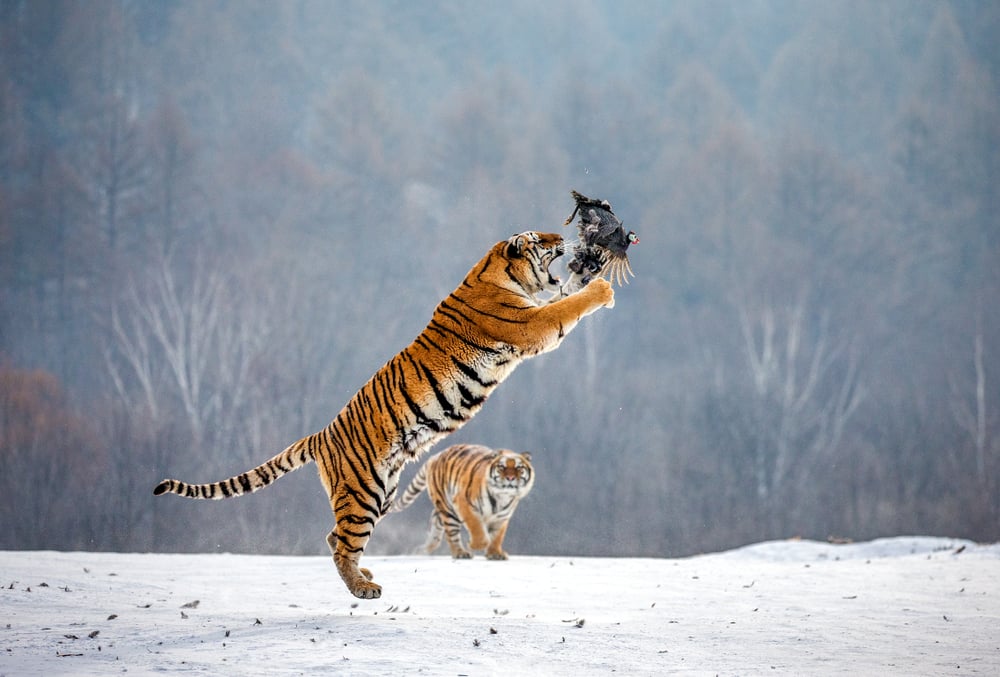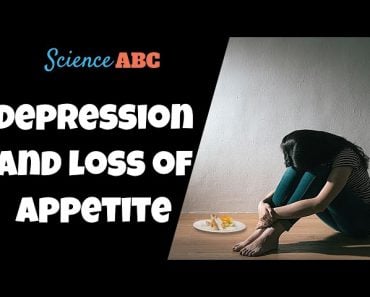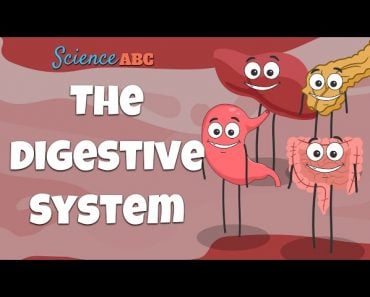When there is a long gap between meals, hunger can push people toward eating a lot in one sitting. However, simply overeating when hungry cannot make up for inadequate nutrient and calorie intake.
Do you have a regular diet, with your meals correctly spaced out over the whole day? Or do you have a habit of skipping meals and then devouring large amounts of food in concentrated periods?
In the wild, it’s not always easy to eat meals at regular intervals. Tigers, for example, have been known to go without food for two weeks in a row, but when they hunt and catch their prey, they can consume up to 34 kg (75 pounds) of meat in a single night. Are human bodies also programmed to survive through a similar fasting-binging cycle?
More specifically, should we eat too much when we’re really hungry?

Recommended Video for you:
Can Eating A Lot When Hungry Balance Your Calorie Intake?
To find out how to deal with intense hunger pangs, we have to understand why we feel hungry in the first place.
If your stomach is empty for several hours, it may start to grumble, telling you that it’s time to eat. The hunger hormone ghrelin is released, and a complex network of activities take place throughout the body and brain, motivating us to consume food. Researchers refer to this biological push as homeostatic hunger.
Just as salt and sugar are measured in teaspoons, food energy content is measured in calories. Ideally, we should consume as many calories in the form of food as we burn. When you eat less than you burn, you reach a state of calorie deficit. Adult humans generally need between 1500–3000 calories per day.
Suppose you had two cookies for breakfast (50 x 2 = 100 calories) and a mini-lunch (300 calories). You’re in a 1500-1600 calorie deficit. Therefore, you’re ravenously hungry at dinner and ready to wolf down a huge 1,500-calorie meal. Is this going to help you meet your daily energy requirements?
Not likely.
Theoretically it may seem like a good idea, based on how many calories we are supposed to eat per day, but in practice, it may not work like that.

Overeating Won’t Help You
It’s not easy to overcome the temptation to consume king-sized portions of your favorite foods, especially when you’re “starving”. Few of us can resist the urge to pick up another slice of pizza to quickly kill our hunger pangs, but what happens to your body when you overeat?
It can lead to two types of imbalances.
First, the hungrier you are, the larger the meal you are likely to pounce on. The body will have to work harder to break it down and process (digest) it. This can cause digestive issues like bloating, cramping, acid reflux (GERD) and heartburn. Also, if the body fails to digest or absorb the food properly, your energy intake may still not be equal to your energy expenditure for the day.
In the second scenario, if your body digests and absorbs the large quantities of nutrients well, you will experience a calorie surplus, because you have consumed more calories than your body needs. In turn, the body stores the excess energy as fat, leading to unwanted weight gain.
So, overeating when hungry may give us temporary relief, but it’s a no-win situation. Also, feeling full and nourished is not just about calories; it’s also about what sort of food the calories come from.
Not All Calories Are The Same
Here’s why having too many desserts at dinner won’t compensate for your skipped breakfast.
Our bodies need different kinds of nutrients every day, including carbohydrates, proteins, fats, vitamins, and minerals. A lack of balance and variety in our food (which is very difficult to keep track of during bouts of hunger) can snowball into more severe problems in the long run.

For example, if the meal you’re eating has a lot of simple carbohydrates like sugar (and a lack of protein, fat or fiber), it causes a sharp spike in your blood sugar and insulin levels, increasing the heart rate rapidly. Research has shown that such surges followed by sudden crashes can lead to high blood pressure and high cholesterol levels. In turn, it raises your risk for Type 2 diabetes and heart attack.
As we can see, not eating regularly can have negative effects on the body. If that’s the case, why do people fast?
What About Intermittent Fasting?
Some people choose to follow an eating and fasting pattern known as Intermittent Fasting (IF). This involves refraining from having any food for a fixed period of time. This is a popular approach aimed at improving health and fitness… but does it really work?
A number of studies have shown the health benefits of an intermittent-fasting diet. It may help in managing weight and maintaining heart health by lowering blood pressure.
Then again, this practice is nothing like eating irregularly. Here, fasting and eating are cycled on a regular schedule, not on the whim of one’s instinct. In this case, fasting is ideally followed by a nutritious diet. Also, it is not meant to imply that we can eat as much as we like after fasting. Perhaps this is why it is reported to be safe, beneficial and tolerated well by so many people.
So How Does It Work For Animals In The Wild?
Well, animals don’t do intermittent fasting. They get a meal when food is available, but how do they get through such difficult times?

Different species use different techniques to deal with a shortage of food. They may experience changes in their behavior, body functions, and even their physical structures.
Many animals, similar to humans, can store excess energy inside their own body as lipids (in fat cells). During periods when no food is available, the body can use these stores as fuel. Small birds from passerine species, for example, may look tiny to us, but they have huge fat stores (70–80% of their body mass), which gives them the extra fuel they need to fly thousands of kilometers in marathon stretches.
Here’s how some animals save energy and make their stored energy last longer.
- When little food is available during long winters, some animals like bears, chipmunks, bats and frogs go into hibernation. They slow down their entire body and its processes, or go into a complete ‘sleep mode’ to ensure that their stored energy is spent slowly.
- In hot and dry seasons, some large predators like crocodiles and small creatures like earthworms, frogs, bees and snails tend to stop feeding, become very inactive, and go into aestivation.
- Birds, on the other hand, start migrating and fly for weeks and months when there is a lack of food.
In the case of tigers, they are believed to sleep for long hours to conserve energy that they need for hunting. Siberian tigers have developed thick fur and a layer of fat (along their belly and flanks) that helps them store energy to survive through the harsh Siberian winter.
Tigers can also migrate long distances to find food or mate. Also, their extraordinary hunting skills increase their chances of finding food regularly.
Eat Like An Animal: Not An Easy Thing
Even when food is readily available, normal feeding intervals, or the time between meals, can vary a lot for different animals. This depends on the species of animals, as well as their size and metabolism—the word for all the physical and chemical activities that happen in a living body.
Hummingbirds, for example, have a very high metabolism, as they burn a lot of energy all day while flying. Thus, they can eat nearly half of their body weight and must eat every 10-15 minutes!
This ability also depends on the dietary category — whether the animal is plant-eating, meat-eating, or able to feed on both. While some carnivores (like sea lions) eat very often, many others, such as tigers, lions, and wolves, usually have longer feeding intervals compared to herbivores (deer, giraffes, camels) or omnivores (e.g., chimpanzees and other apes).
Herbivores, which tend to rely on plant matter, have to eat more often, as plants are lower in calories, and it takes more time and involvement to derive nutrition from them.

A Final Word
So, how much animals eat and how often they eat depend not only on the availability of food, but also on several factors like how active they are, how fast their bodies burn energy, and what nutrients they need.
This makes it clear that tigers going for one big kill once a week doesn’t necessarily mean that food is scarce in their habitat. However, it is part of their normal feeding behavior in the wilderness, unlike captive tigers, who are fed at least five times a week.












